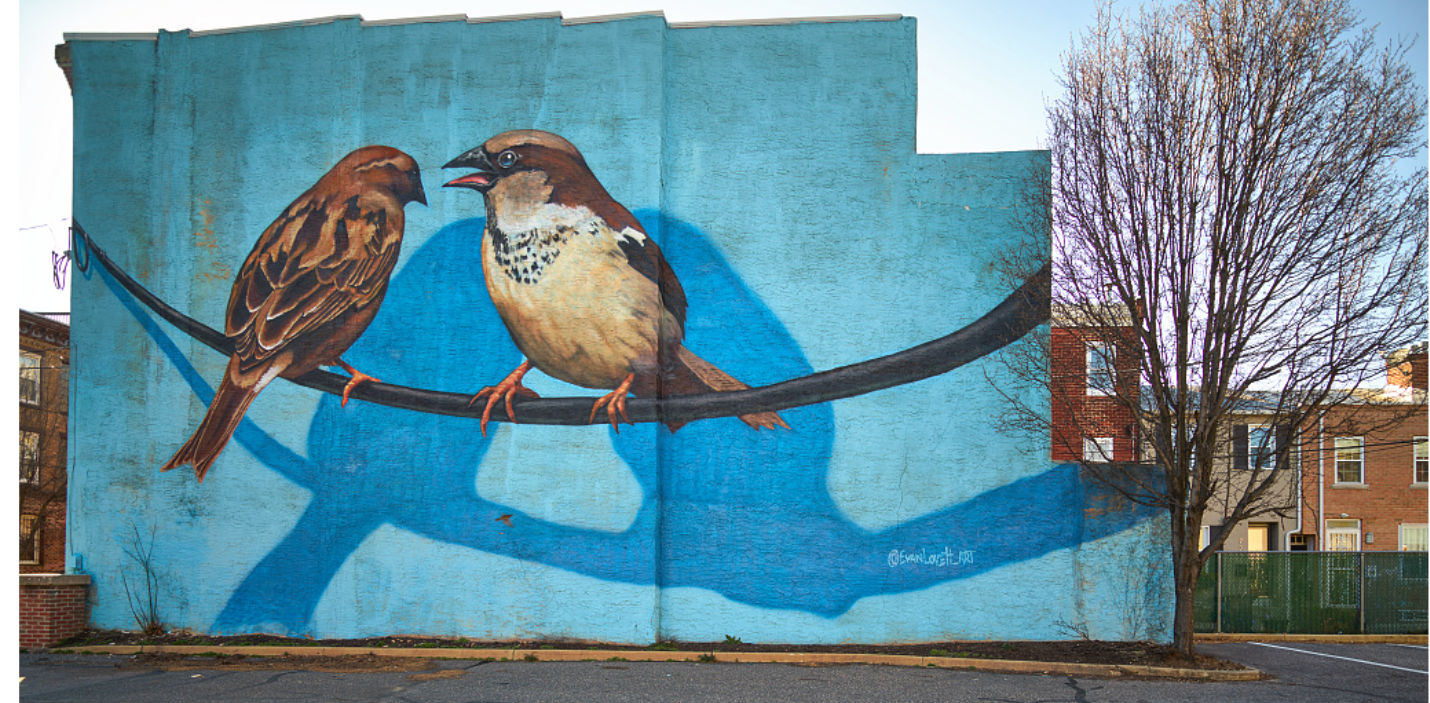
It’s 7:01 AM. You’ve been lying in bed for 60 seconds now, your consciousness reconstructing itself into personhood, your anxiety building in both vague and specific ways. It’s uneasy. There’s an icy discomfort as catecholamines…
Keep reading with a 7-day free trial
Subscribe to Examined to keep reading this post and get 7 days of free access to the full post archives.



